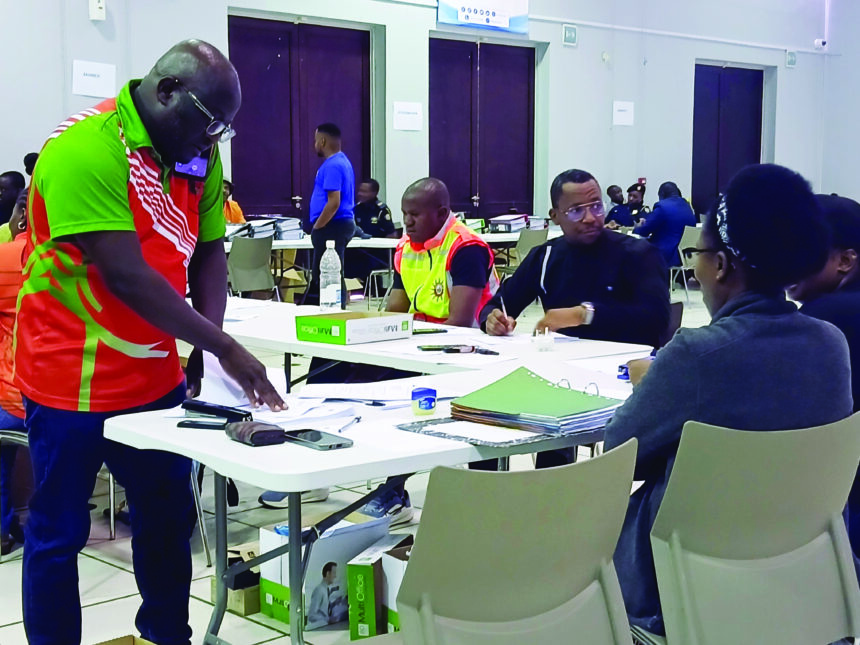Iuze Makube
A re-run of last year’s general elections could erode the trust of hundreds of voters who turned up to vote.
Moreover, the cost of the exercise could be astronomical, political commentators say.
The political commentators were speaking in light of a current court action challenging the outcome of that election, citing several irregularities.
The Landless People’s Movement (LPM) and Independent Patriots for Change (IPC) have filed cases for a rerun of the previous year’s elections.
They claim that the electoral process was not credible.
They want the results of Namibia’s presidential and National Assembly elections to be declared invalid.
They seek for a fresh election to be held. Political commentator Ndumba Kamwanyah said a re-run of the presidential and national assembly elections would be costly and logistically challenging.
This is considering the effort and resources spent on last year’s elections.
He cautioned that such a re-run could cause political instability, especially if political parties and their supporters feel unfairly treated.
“The situation depends on how transparent and peaceful the process is managed by authorities and the electoral commission,” he added.
He noted that the dispute has the potential to paint Namibia in a negative light.
“Disputes and allegations of unfairness or irregularities can harm Namibia’s democratic image, especially if not resolved transparently. It could affect international perceptions and investor confidence,” he remarked.
Kamwanyah said all parties should follow legal channels, and maintain peace while disputes are resolved.
He remarked that transparency and accountability from the electoral commission and courts will be critical to preserving trust in Namibia’s democracy.
Another political analyst Marius Kudumo centres his views on the Namibian Constitution.
He stated that Article 18 entitles all persons aggrieved by decisions of administrative bodies and administrative officials to seek redress before a competent court or tribunal.
“Adherence to, and promotion and internalisation of the values and principles of the Namibian Constitution, including democracy, the rule of law and justice for all, are costly. Therefore, if justifiable and directed by the courts, it is the cost to be paid by all, including the taxpayers,” he said.
He added that this will be applicable only in the event that the court establishes that a re-run is needed.
He said a rerun will not necessarily cause political instability, as Namibia will be consolidating democracy and respect for the rule of law.
The Institute for Public Policy Research’s (IIPR) executive director Graham Hopwood stated that due process has to be followed according to the Electoral Act.
“Since independence, the courts, having weighed up the evidence in electoral disputes, have never ordered for an election to be declared null and void and for a new election to take place.
“So, the onus will be on the opposition to prove that these elections were held in an irregular manner, and that this had a material effect on the election outcome,” he noted.
He asserted that if the court were to nullify the result, it would create significant logistical challenges.
This is particularly regarding the timelines for organising a new election and facilitating the handover of power.
He said that as long as the proper legal procedures outlined in the Electoral Act and the Constitution are followed, Namibia can maintain its reputation as a functioning democracy that upholds the rule of law.


